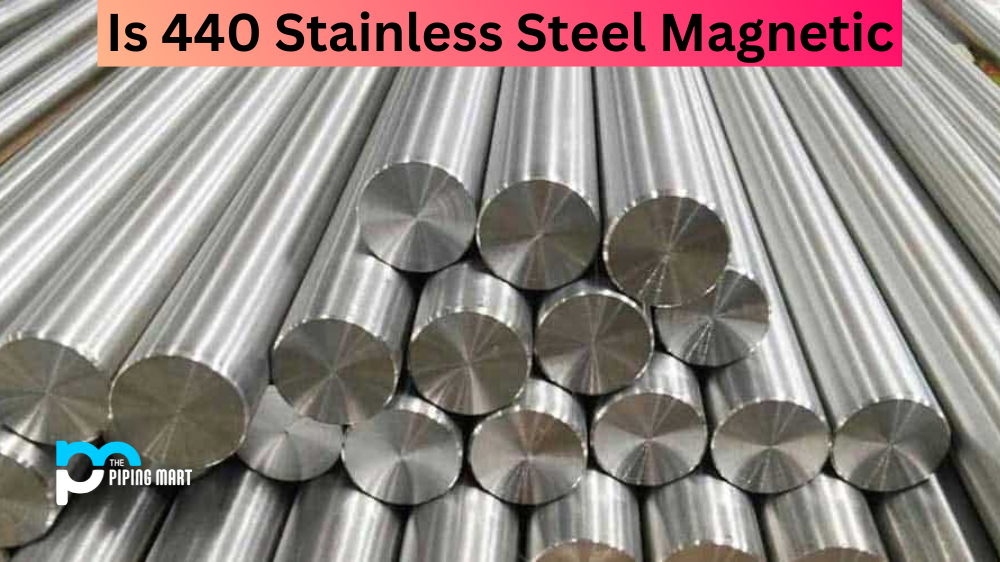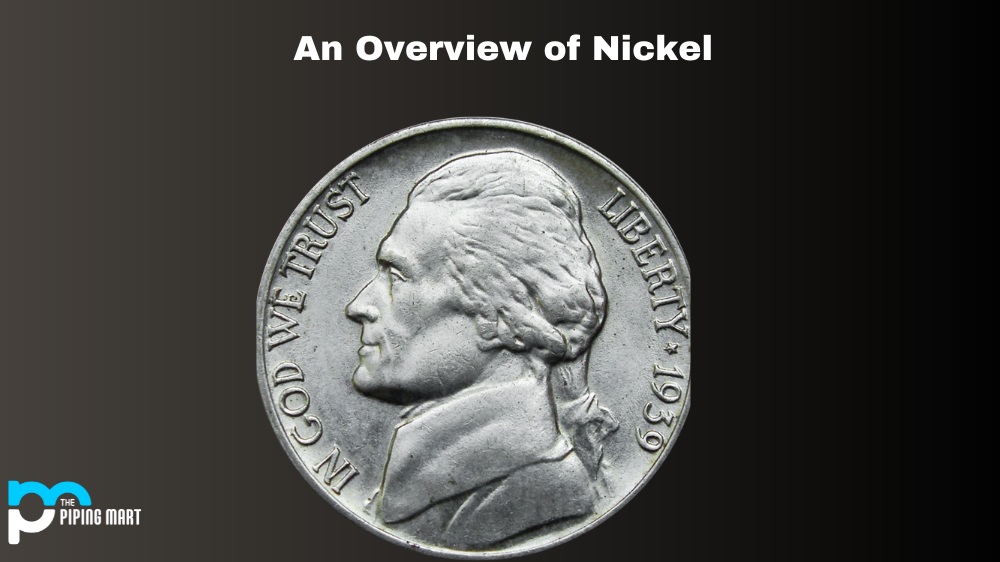Have you ever wondered if stainless steel can be magnetic? Or, more specifically, is 440 stainless steel magnetic? The answer is yes…and no. While it’s true that all steels are ferromagnetic (meaning they are attracted to magnets), some grades of stainless steel are actually slightly less magnetic than other grades. Let’s take a closer look at the magnetic properties of 440 stainless steel.
What Is 440 Stainless Steel?
440 stainless steel is a high-carbon martensitic alloy containing chromium and molybdenum. It is highly corrosion-resistant and heat-treatable, making it suitable for a wide range of applications, including medical devices, automotive parts, and cutlery. However, its most important feature is its ability to remain nonmagnetic even after being hardened by heat treatment. This makes it an ideal choice for applications where low or no magnetism is desired.
Is 440 Stainless Steel Magnetic?
Yes—but only in certain conditions. In its annealed state, 440 stainless steel will be slightly magnetic due to the presence of ferrite in the microstructure. However, once it has been hardened through heat treatment, it will become far less susceptible to magnets due to the increased amount of carbides present in the microstructure, which prevents the domains from aligning themselves in a single direction when exposed to a magnetic field. As such, any material that has been hardened should not exhibit any noticeable magnetism when exposed to a magnet—including 440 stainless steel.
Does Heat Treatment Affect Magnetism?
Yes—heat treatment can significantly affect the degree to which materials become magnetized when exposed to a magnet. In general, materials that have been hardened through heat treatment (such as 440 stainless steel) will be less susceptible to magnets than those that have not been treated with heat (such as 304 stainless steel). This difference in behaviour is largely due to the increased amount of carbides present in hardened materials, which prevent the domains from aligning themselves into a single direction when exposed to a magnetic field.
Conclusion:
Overall, 440 stainless steel is just like any other type of stainless steel—it can be either weakly or strongly attracted to magnets depending on its microstructure and heat treatment process. In its annealed state, it will exhibit slight magnetism, but once it has been hardened by heat treatment, its susceptibility to magnets will decrease significantly due to the presence of additional carbides in its microstructure which prevent the domains from aligning themselves into a single direction when exposed to a magnetic field. To sum up: while all types of steels are technically ferromagnetic, certain grades, such as 440 stainless steel, may exhibit lower levels of magnetism than others depending on their composition and heat treatment process. Knowing this information can help website owners and SEO newbies make more informed decisions about which type of metal they should use for their projects or products!

Pipingmart is a B2B portal that specializes in metal, industrial and piping items. Additionally, we share the latest information and information about materials, products and various types of grades to assist businesses that are involved in this business.




